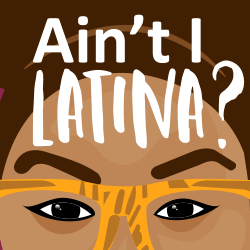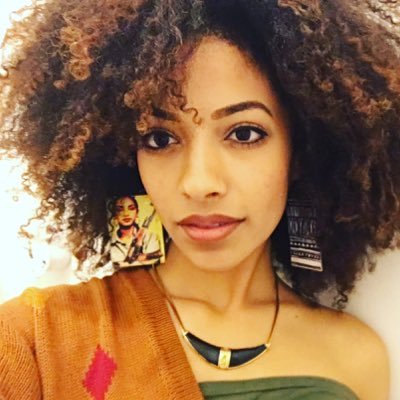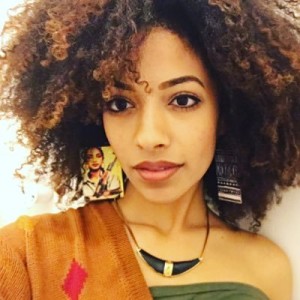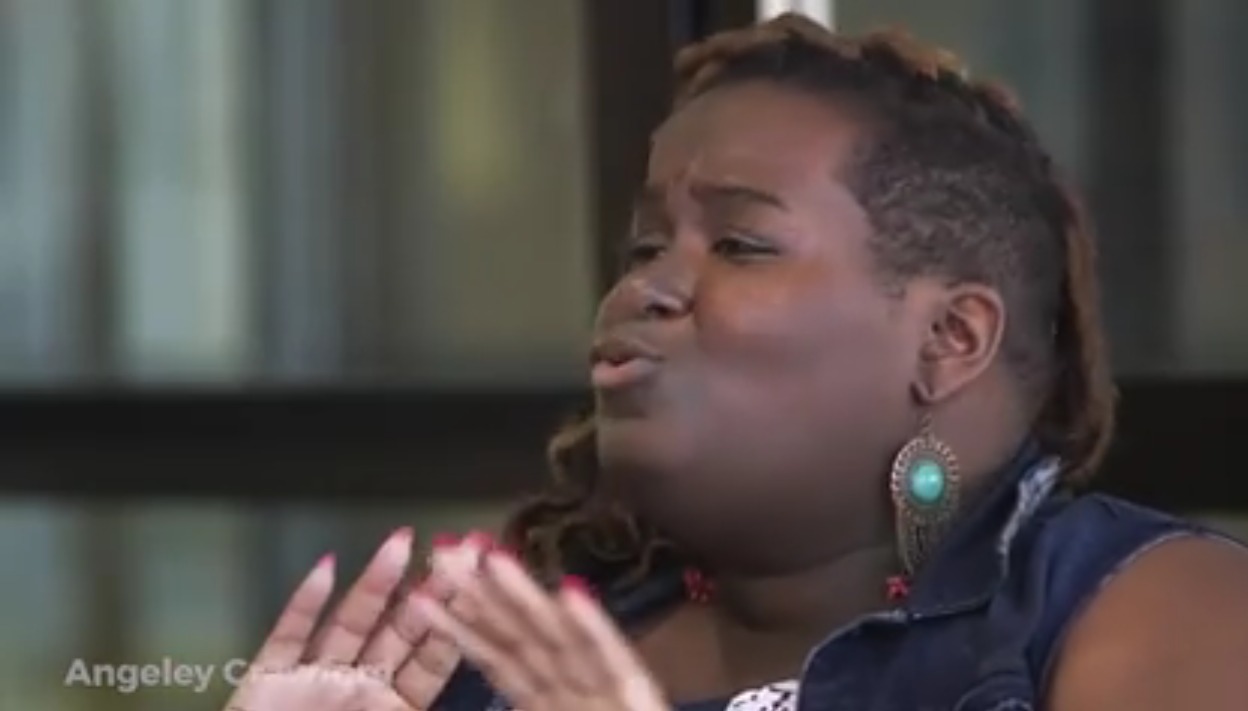We’re less than a week into February, but there’s no shortage of hashtags sparked by Black History Month. While the annual observance is a time to celebrate and remember prominent people and events within the African Diaspora, its U.S. origins often result in observances and highlights specific to African-Americans, or Afro-Descendants currently residing in America. While there’s great importance in celebrating African-American history during this time, many such as the Afro-Latinx and Caribbean communities are encouraging others to include our stories and moments in discourse surrounding Black History Month.
Juliana Pache, an Afro-Cuban/Dominican singer, writer and marketer, took to Twitter to share the accomplishments of prominent Afro-Latinx individuals. Hence, the #BlackLatinxHistory hashtag was born.
(The term Latinx, pronounced La-teen-ex, is a gender-neutral term. Latinx is more inclusive of identities that don’t necessarily fit into the man-woman binary.)
AintILatina.com caught up with Pache to discuss why she started the powerful hashtag, #BlackLatinxHistory.
What promoted you to start the #BlackLatinxHistory hashtag?
Every morning, when I wake up, the first thing I do (and maybe I should get in the habit of not doing this, lol) is check my social media. On the morning of February 1, I saw posts about Black History Month, and out of curiosity, I looked at the social media accounts of a few Latinx blogs and magazines, and saw that they hadn’t posted anything about Black History Month. Now, it was February 1, and it was the morning, so, granted, they may have just not posted yet. But I noticed on one of the accounts, they somehow managed to post a picture and article about a non-Latinx white woman that morning. I was low-key infuriated. Not because there was a white woman getting representation, but because we got none. What this said to me, whether unintentional or not, was that, a white face has a greater chance of being represented on the morning of February 1, than a Black one. Granted, I understand that Black History Month is something that’s traditional in the U.S., but I don’t think that’s an excuse. So many Latinx publications and media orgs come out of the U.S., and AfroLatinxs are hardly, if ever, recognized on them. We might get a nod or a mention, here and there, but at the end of the day we are not fairly represented.
Why is it important that we celebrate Black Litinx history during Black History Month?
I started posting facts about Black Latinx people, traditions and events, just because I wanted to see that and to share that. The Diaspora is thick and it’s spread out. I wanted to make sure our stories were being told. Originally, I was tagging #BlackHistory, but I created #BlackLatinxHistory when I realized the importance of highlighting this part of the Diaspora for the sake of representation. We’re so often left out of the conversation. Black Latinx is so rich and it’s right here in the U.S.
How has the hashtag you created been received on social media platforms such as Twitter?
It seems to be resonating with a lot of people. I’m really glad that people enjoy it and are adding to it. Not just Black Latinx people, but Black people with roots from across the Diaspora seem to be enjoying and discussing it.
How does social media further the Black Latinx/Afro-Latinx narrative?
The tool of social media itself is incredible. Being able to share our stories in a way that is easy to digest, but can inspire further investigation in depth. Black/Afro-Latinxs are sharing our stories all the time, and social media provides some access to these stories and these spaces. We can highlight our experiences and celebrate each other.
Add to #BlackLatinxHistory with any AfroLatinx traditions, groundbreaking people, events, etc.✨✨
— j u l e s (@thecityofjules) February 1, 2016
All the thanks to @thecityofjules for #BlackLatinxHistory ✊ #BHM https://t.co/H0DoP7Rjtp — eatwords drinkstars (@akamami) February 3, 2016
#BlackLatinxHistory Susana Baca. (Pt 1. ) Afro-Peruvian singer-songwriter, school teacher, folklorist. pic.twitter.com/zSpt56XM1g — [ t e a ] (@kudipeaches) February 3, 2016
#BlackLatinxHistory Marta Moreno Vega, PhD. A cultural activist, institution-builder, filmmaker, and author. pic.twitter.com/C46QcJhsEX
— [ t e a ] (@kudipeaches) February 3, 2016
Sonia Pierre, Dominican born/Haitian Descent. She worked as an activist to end antihaitianismo. #BlackLatinxHistory pic.twitter.com/GFcHxGbAnn
— Pajónú brujo✨ (@WISEfloetry) February 2, 2016
Have you participated in the #BlackLatinxHistory hashtag? Head to Twitter to be apart of the discussion.






Pingback: Afro-Latinos, Black History Month and Twitter()
Pingback: Black History – Black Liberation – Black Latinx History | Latin American Education Network()
Pingback: Juliana Pache Starts #BLACKLATINXHISTORY | Repeating Islands()
Pingback: #BlackLatinxHistory and Juliana Pache: Meet the Perfect Marriage of a Woman, Movement and Hashtag - The Africa Channel()
Pingback: Michiko to Hatchin Series Review: Melancholy Adventure of Lost Souls - Magazine()
Pingback: Next Big Thing with Courtney & Dara | Feb 9th #BlackHistoryNBT Spotlight | Juliana Pache()
Pingback: The Melancholy Adventures of Michiko and Hatchin: Series Review()